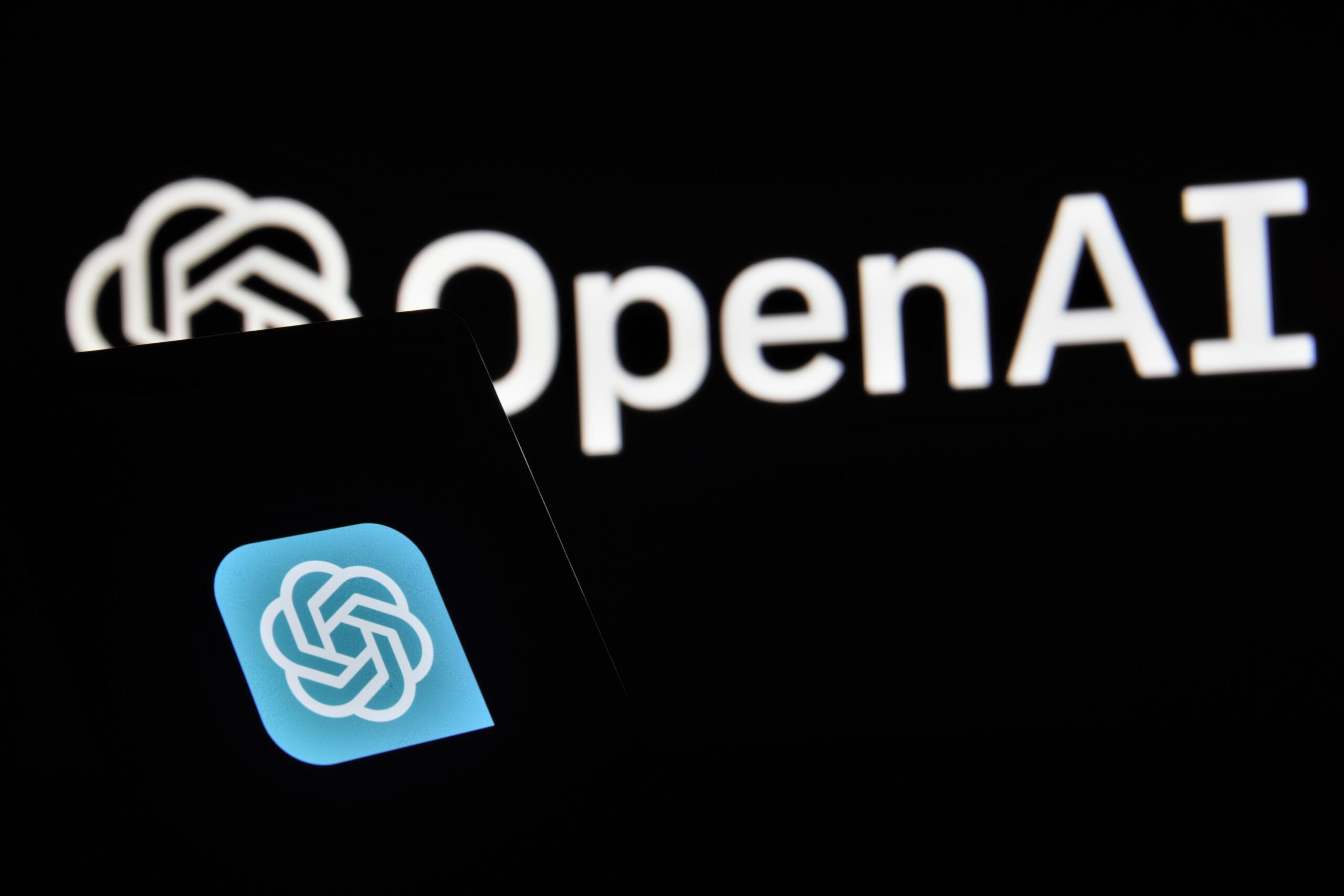Chat GPT and the media are collaborating… for now
In the past week Axel Springer, the German media conglomerate that owns Politico and Business Insider has signed a multiyear licensing deal with OpenAI (creators of ChatGPT) worth tens of millions of Euros.
The deal grants the AI company the right to use the media giant’s news articles and content to develop their artificial intelligence models (like ChatGPT) as a part of a three-year deal.
In a joint statement released on Wednesday, 13 December, the organisations stated that the deal “marks a significant step in both companies’ commitment to leverage AI for enhancing content experiences and creating new financial opportunities that support a sustainable future for journalism.”
Mathias Döpfner, CEO of Axel Springer stated that it was his hope that the “first of its kind” deal would bring the business model of journalism to the “next level”.
“We are excited to have shaped this global partnership between Axel Springer and OpenAI – the first of its kind. We want to explore the opportunities of AI empowered journalism – to bring quality, societal relevance and the business model of journalism to the next level.”
The deal comes after months of clashes between news publishers and tech companies over how their content can be used to train AI systems. Questions around copyright and the ethics of AI companies making billions off of the work of publishers, authors and artists without compensation have been dominating the media at late, with some creators launching high profile lawsuits against Open AI and Meta. The issue has even prompted increased scrutiny around copyright laws from government representatives around the world.
In June this year the Australian Government launched the Responsible AI in Australia review, calling for submissions from the public. Part of the consultation included whether AI platforms should be required to pay for the content used to train their artificial intelligence technologies. The Media, Entertainment and Arts Alliance has called for AI companies to pay for the content used to train their tools, while Google and Microsoft have urged the government to establish exemptions from copyright law that would allow tech companies to train AI tools without paying royalties or compensation.
As new competing products are introduced to the market, the subject of training data is back at the centre of AI. As stated in an article in New York Magazine, some of OpenAI’s biggest competitors “in addition to having access to massive amounts of training data produced by their own users, have access to real-time, or at least recently updated, information and media about the world and its customers: Google has much of the web via its search engine, not to mention Gmail, Docs, and YouTube; Meta has Instagram and Facebook; for what it’s worth, Elon Musk’s xAI has X.”
And while a lot of training content is still free access online for OpenAI to mine, many of the large new publishers, like BBC, New York Times, CNN and Reuters, are hiding their content behind paywalls. At the same time, AI tools are themselves accelerating the decline of the open web on which they currently depend, as users post low quality AI generated content in blog posts and forums.
But what is also of concern is how companies like OpenAI hope to use their new access. If they hope to seize and automate the lucrative parts of news distribution – where does that leave already struggling news organisations? And what does that mean for media literacy and content moving forward?




